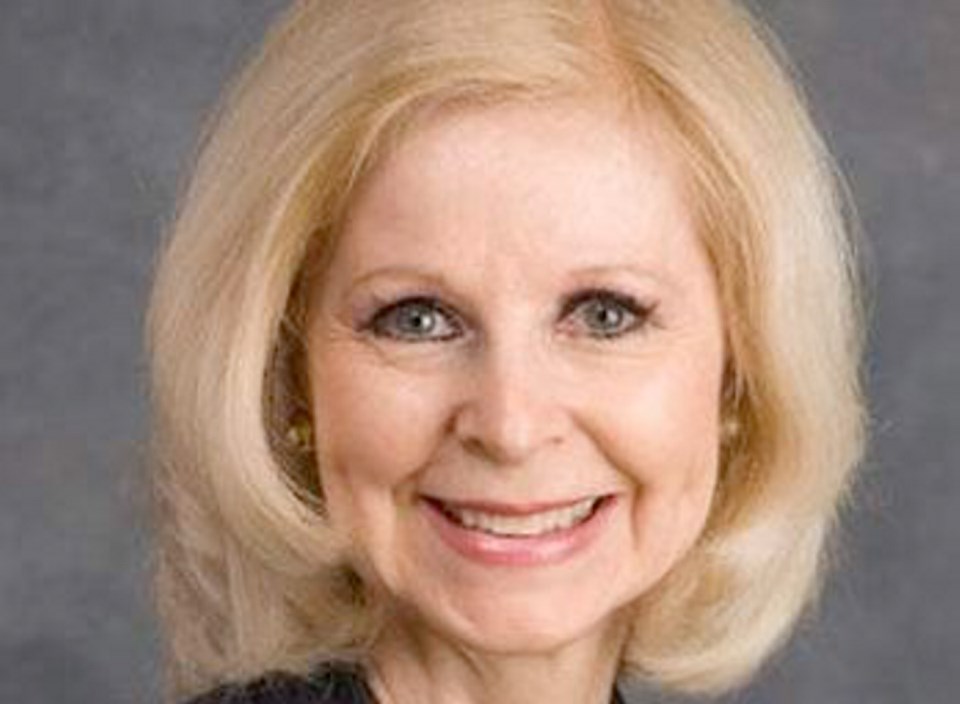Victoria’s neighbours to the south are applauding the capital region’s sewage treatment plans.
Port Angeles Mayor Cherie Kidd said her city, and others in Washington that face Greater Victoria, have been keeping a close eye as their Canadian neighbour progresses toward treating its sewage.
“I was over there in November and this is a topic that came up, and it’s something we’ve been discussing in Port Angeles,” Kidd said in an interview.
“I thought … it would be the appropriate time for us to step up and share our support.”
Kidd mailed a letter to the Capital Regional District’s sewage committee encouraging the CRD treatment project for its long-term environmental benefits. The letter was received this month.
“We share the Strait of Juan de Fuca, it’s our playground, yours and ours collectively, and there’s no magical international border dividing your water from our water,” Kidd said.
“It’s kind of like sharing the same swimming pool — we’re all in this together.”
Nearby U.S. municipalities have criticized Greater Victoria in the past for discharging screened sewage into the ocean. Others, such as Tourism Victoria, have expressed worry that potential visitors might be turned off by the practice.
The capital region was ordered in 2006 to plan treatment. After years of debate, the $783-million project is set for completion by 2018.
Some vocal critics still say treatment is unnecessary because the cold ocean currents off Greater Victoria naturally disperse and treat the sewage.
Kidd said that argument hasn’t been heard on her side of the border for decades.
“Times have changed, and as we continue to move into the future, we really need to look at preserving our water,” she said. “We can’t keep dumping into it and expect it to be that pristine waterway forever. … We have to start cleaning up after ourselves.”
The City of Port Angeles already operates a sewage treatment plant that cleans effluent to a secondary treatment level — the same standard being pursued by Greater Victoria.
Port Angeles is also spending $43 million to develop a treatment system for stormwater overflow, which can pollute beaches and waterways during heavy rainfall. That’s being paid for entirely by 19,000 local taxpayers, said Kidd, who called Greater Victoria’s cost-sharing agreement with the provincial and federal governments for sewage treatment a “huge advantage.”
Greater Victoria’s stormwater overflows also send sewage and pollution onto local beaches, which are often closed as a result. But the region has no treatment plan for stormwater.
“They’re way further ahead of us,” Denise Blackwell, chairwoman of the CRD sewage committee, said of Port Angeles.
Regional politicians appreciated Kidd’s letter, she said.
“It was nice she sent it, and it’s exactly what we’ve been saying at the committee — that the people in Washington state want us to get on with it.”



